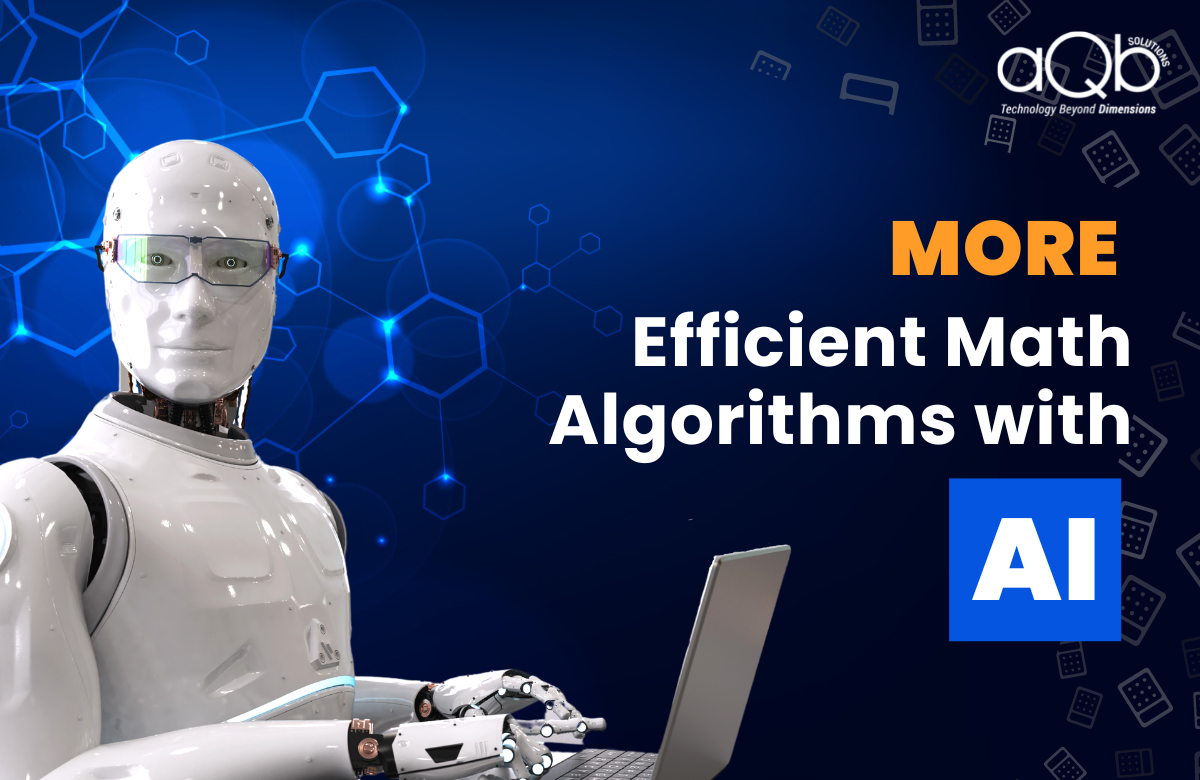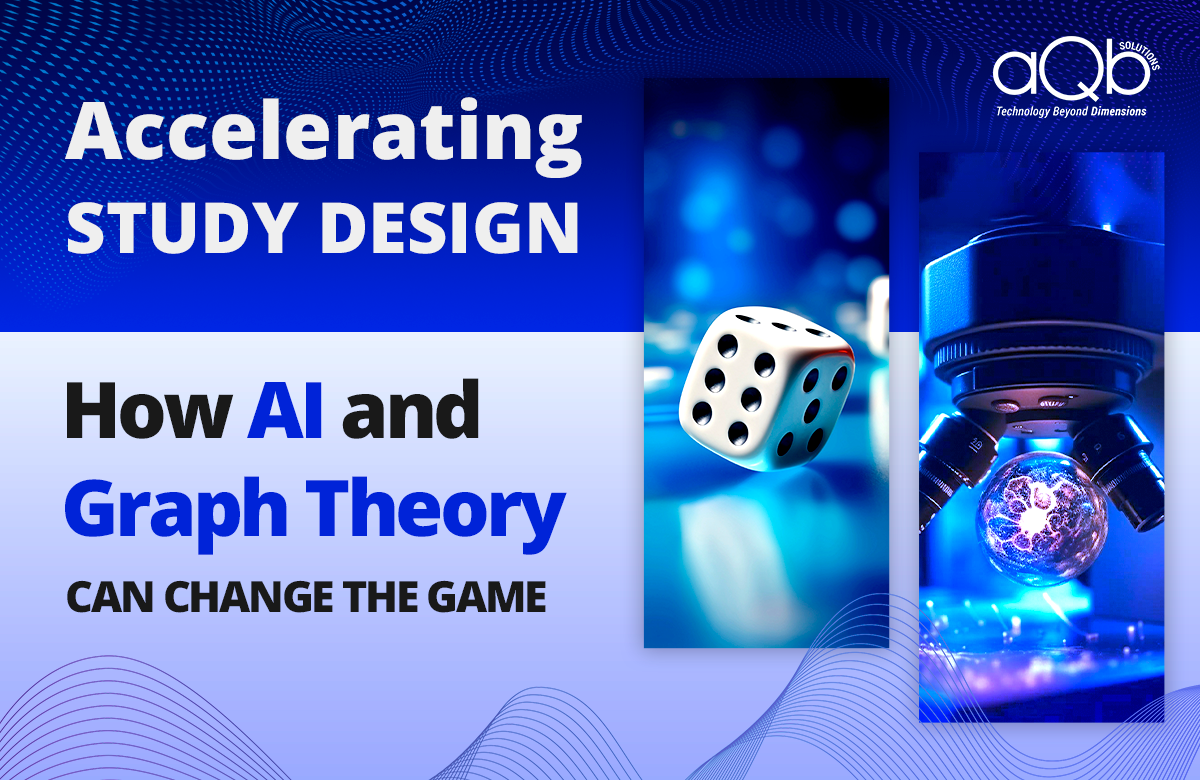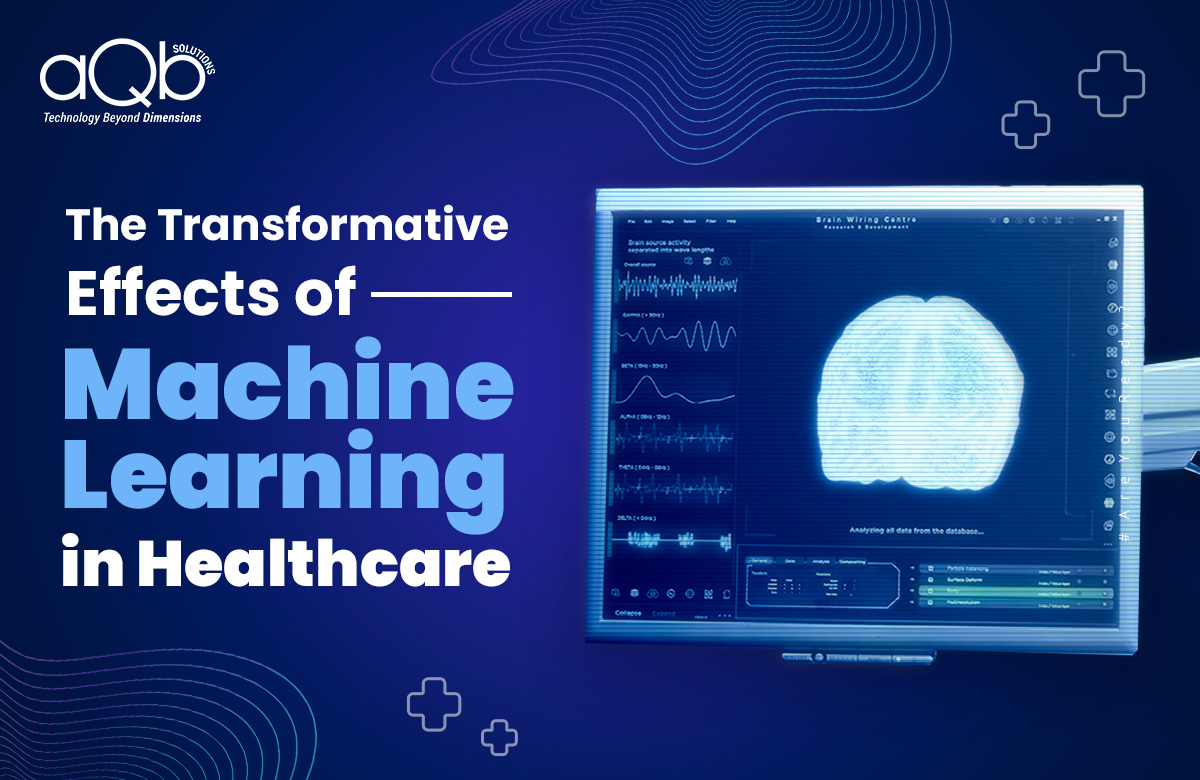If you’re wondering what’s new in AI, it’s this – A research team at Google’s DeepMind, London, has found that artificial intelligence can come up with faster algorithms for solving matrix multiplication problems. The team has used reinforcement learning for improving math-based algorithms, and has described this in a paper published in the journal Nature. A Research Briefing has been published as well in the same journal issue that summarizes the work of the research team in London.
Math has a vital role to play in computer programming. It generally serves as a means to describe and then manipulate representations of phenomena in the real world. For example, mathematics is used for representing weather conditions, nodes in an artificial network, or pixels on a computer screen.
Use of Math in Matrix Calculations
One of the chief ways math is used in such instances is for performing calculations on matrices. For example, when programming games, the possible options for movement are described by matrices. For these movements to be realized, matrices are often added together or multiplied, and sometimes both are done. This is a tedious job, especially as the matrices become larger.
That’s the reason computer scientists have invested lots of time and energy to build more efficient algorithms to accomplish the job. For example, in 1969, mathematician Volker Strassen found out a way for multiplying two 2×2 matrices with just seven multiplication operations, instead of eight operations that were standardly used.
New in AI – Using AI for Creating New Algorithms
In this new endeavor, DeepMind’s researchers pondered if it’s possible to use an AI system based on reinforcement learning for creating new algorithms involving fewer steps compared to those that are used now. To figure this out, they sought inspiration from gaming systems, most of which are based on reinforcement learning.
After developing some preliminary systems, the team shifted its attention to tree searching that also is employed in game programming. Tree searching is a way of looking at different scenarios for a system, given a specific situation. When applying to multiplication of matrices, the research team found that when an AI system is converted to a game, it enabled searching for the most efficient way to arrive at a desired outcome, which is a mathematical result.
The team tested their system by letting it look for, review, and then employ existing algorithms, utilizing rewards as enticement, to choose the one that’s most efficient. Their system learned about the factors contributing to the efficiency of matrix multiplication.
Following this, the research team allowed their system to generate its own algorithm, while striving to improve efficiency. It was found by the researchers that in many instances, the algorithms that the system chose were better compared to the ones built by their human predecessors. This discovery is indeed a breakthrough in the field of artificial intelligence.




